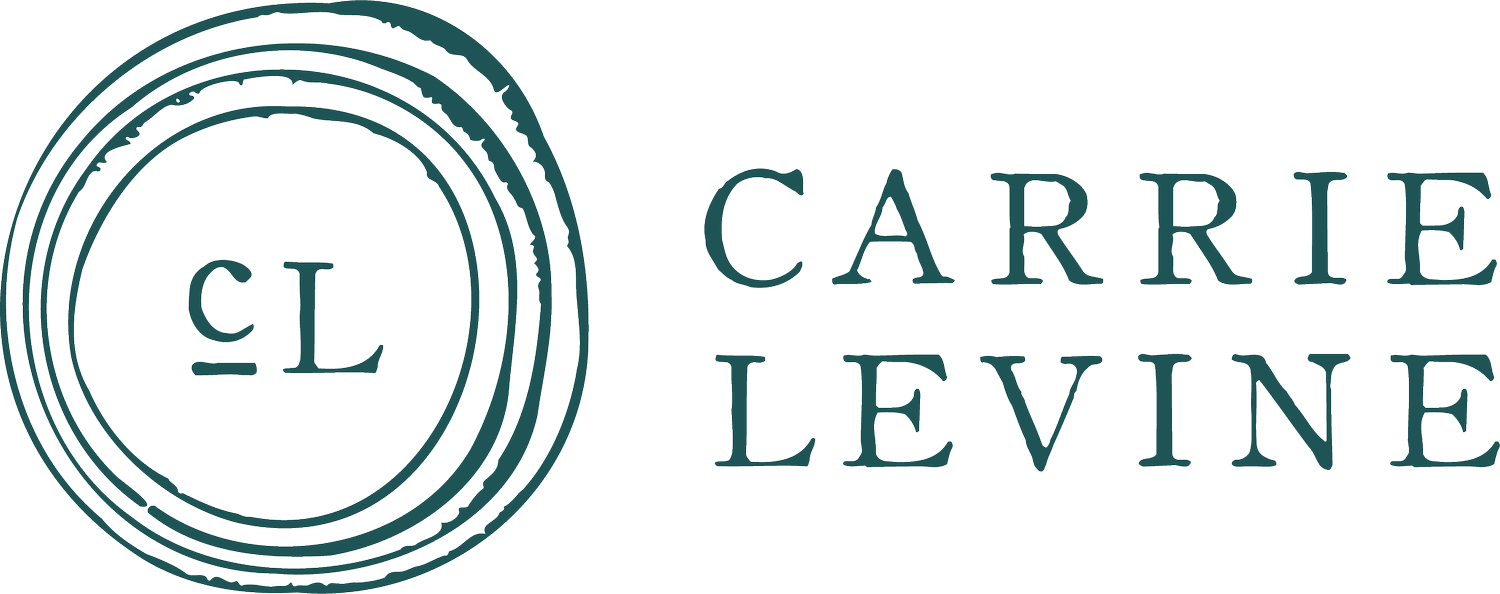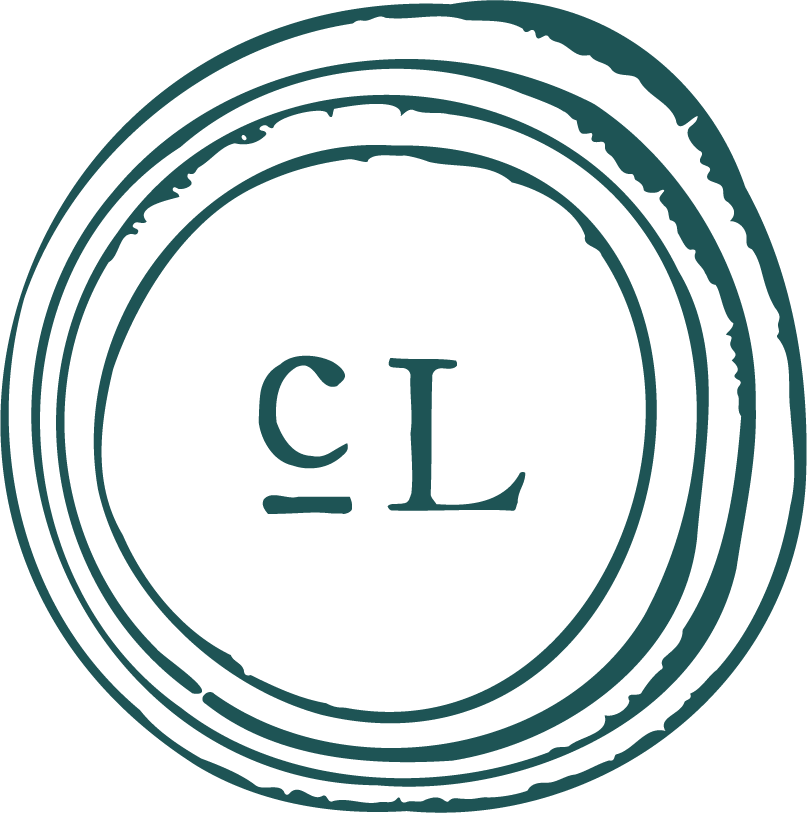Successful Aging
I hate to be the bearer of bad news, but we age.
No one I know or have heard of has defied the process despite big business attempting to sell perpetual youth through programs and products. Accepting the inevitably of aging doesn’t have to mean passively watching the quality of our lives slip away. We can actively engage in slowing or compressing the process. By compressing the process, I mean doing what we can to stay well for longer and be sick for shorter, if at all, a concept referred to as successful aging. Don’t we all aspire to be well until we lay down one night and never wake up, skipping the all too frequent slow decline and loss of dignity that happens over decades?
Aging is considered the net result of oxidative stress. Oxidative stress is the accumulation of damaging molecules (free radicals) the body can’t get rid of. The accumulation of damaging molecules can ultimately damage the health of our genes and our cells resulting in illness and/or disease. For example, when DNA (the molecule that carries our genetic information) replicates, it may not replicate accurately.
So, what can we do to counter the natural, normal process of aging – the normal accumulation of these molecules? A lot!
Exercise regularly. Regular exercise reduces the risk of diseases like heart disease and cancer. Functionally, it helps you retain your mobility which is huge. I recommend 30-minutes of exercise 5 days a week plus two strength-training sessions. Consider adding yoga to your routine for balance training.
Fill your diet with antioxidant rich foods. Antioxidants protect your cells against free radicals. Foods rich with antioxidants include lean protein like chicken or beans and lentils, fish with low mercury, low carbohydrate vegetables, and berries. Avoid inflammatory foods like processed meats, sugary drinks, foods made with white flour, fried foods, soybean oil, and vegetable oil.
Take antioxidant supplements. Some of my favorites are vitamin C, CoQ10, and quercetin.
Schedule routine maintenance. Don’t wait until you are sore or injured to see your acupuncturist, chiropractor, or massage therapist. Consider scheduling those appointments monthly for health prevention.
Quit smoking and reduce alcohol consumption.
Try new things. Learn to play an instrument, a new sport, a different language. Doing things you’ve never done before forces our brains to develop new pathways which keeps them agile and strong.
Maintain community. Human connection benefits our health in a multitude of ways. If you don’t have community, it’s worth developing. You might find a walking group, a volunteer organization, or a class that provides the opportunity for connection and community.
Stay hydrated. Water is key to supporting the function of all your organs.
Up your game. It can feel discouraging to think you have to work harder to maintain, if not gain or regain, your health, but it is reality. If your exercise stays the same as you age, you will lose function. Keep raising the bar - walking longer, eating better, lifting heavier weights.
Accept the process. This may be the hardest practice of all.
I was riding in the care with my 79 year old Mom yesterday and she was reflecting on how many of her friends are ill or who have passed and how lucky she feels to essentially be well. She has some health issues, but none of them are chronic diseases or illness. I said to her, “Mom, you’re not sick and that’s pretty awesome.” She works for it, but she has it. You can, too.

